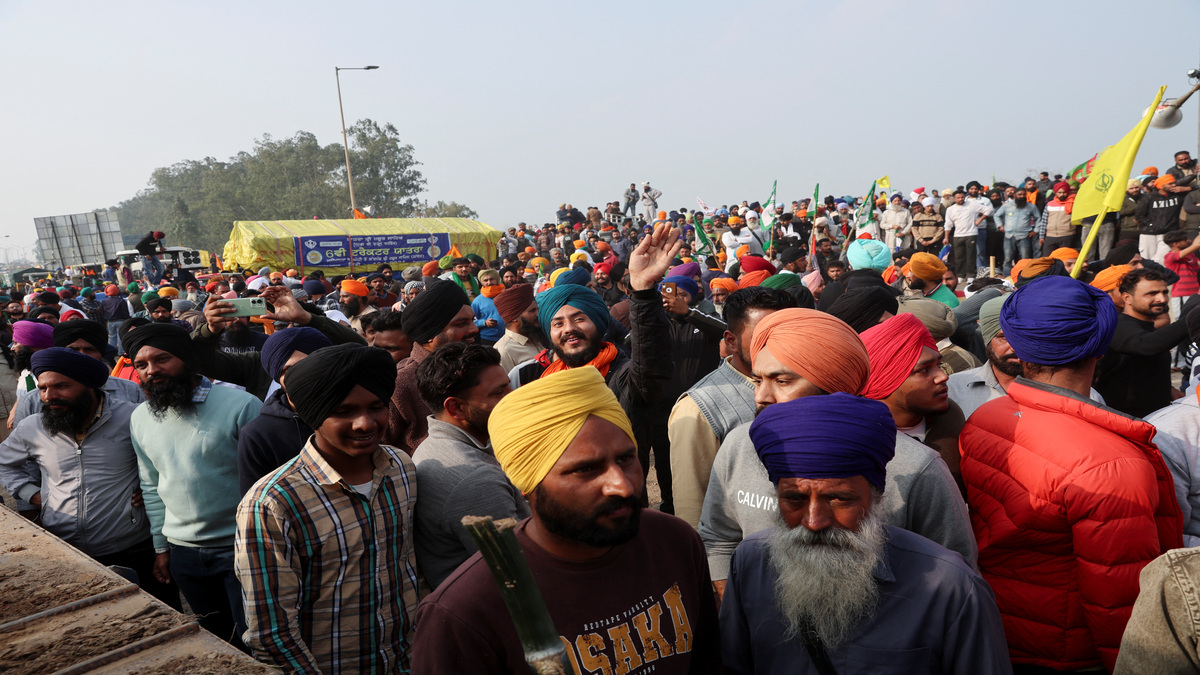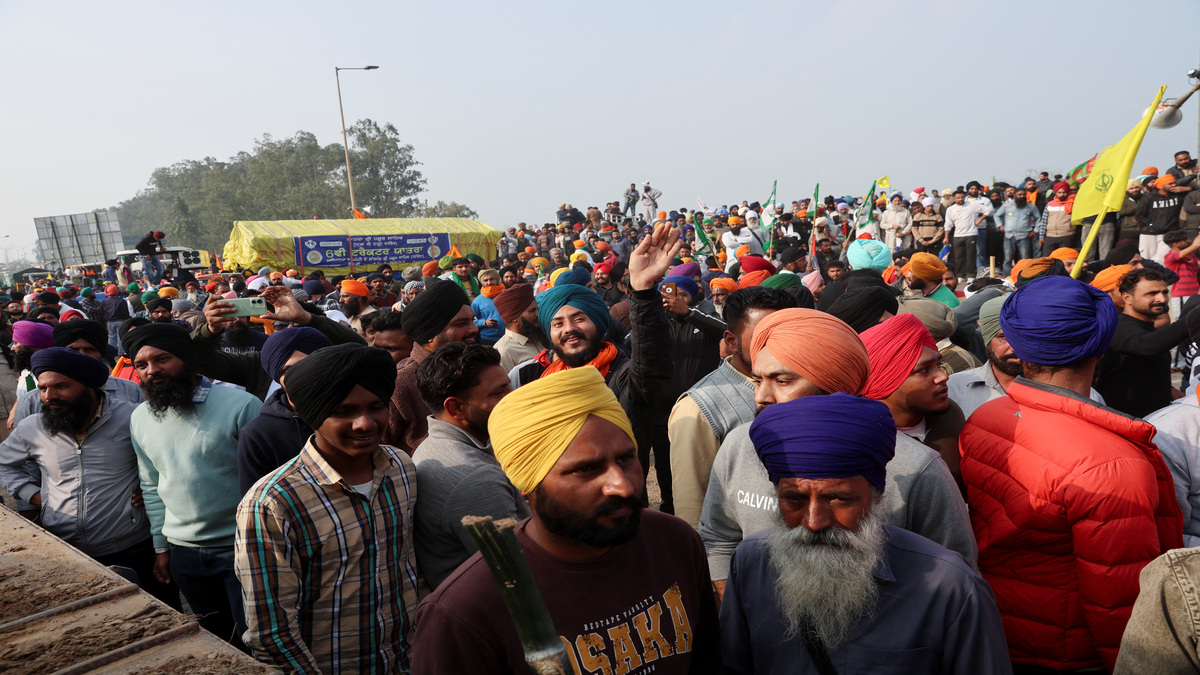BJP leader Dayashankar Singh launched a scathing and sexist attack on BSP supremo Mayawati and was soon removed from his post of the party’s vice president in Uttar Pradesh. He called Mayawati “worse than a prostitute”.
Haryana BJP leader Jawahar Yadav compared the women protesters at Jawaharlal University to prostitutes . He said, “For the girls who are protesting in JNU, I only have one thing to say that prostitutes who sell their body are better than them because they atleast don’t sell their country.”
CPM leader Anil Biswas Basu compared Mamata Banerjee to a “ w***e of Sonagachi ” while addressing an election rally. He asked from which ‘bhatar’ did Banerjee get Rs 24 crore to fund the Trinamool Congress’ election expenses.
The nonchalance with which the word ‘prostitute’ is used by our politicians arouses a sense of discomfort at the ignorance pervading our political system. It’s sad to see them use ‘prostitute’ as a disparaging word for their women counterparts.
However, these people alone cannot be blamed for demeaning the profession of a prostitute. Not everyone knows the history of this job. No one has seen a prostitute in all her glory, unlike pre-colonial India.
“Earlier, the word ‘prostitute’ was never used. It was the concept of courtesans, who are usually depicted in Indian eroticas. They were educated women, who were also masters in culture and art. People did not visit courtesans only for sex. Sex was a part of the entertainment,” a literature professor from Delhi University remarked.
These courtesans were well-respected women. The Arthashastra too mentions that “courtesans not only provided sexual pleasure but also entertained clients with singing and dancing.”
In the Vedas, prostitution has been referred to as an organised and established institution.
Indian mythology too has several references to courtesans, which only elevate their status.
Anurag Anand’s book The Legend of Amrapali celebrates the character of the legendary courtesan of Vaishali. According to The Times of India , it is “a discovery of a woman warrior.”
“Amrapali is not only touted to be the most beautiful woman to have ever lived and a danseuse par excellence, but her magnanimity and interventions toward uplifting the socially downtrodden are undisputed,” said Anand.
Similar to Amrapali, other devadasis or courtesans too held an important place in society. They were rich and also politically active figures until the colonial era, when their status was demeaned to that of a woman with no character.
It is also interesting to note that some courtesans even wrote their memoirs. Harriette Wilson’s Memoirs: The Greatest Courtesan of her Age is one such book.
This paradigm shift from considering courtesans as respectable and learned women to equating prostitution with a cesspool started in colonial India, as Erica Wald pointed out in her article .
British colonialism redefined the role of a courtesan and blurred the line between a learned courtesan and a sex slave.
The British converged the identity of a courtesan, concubine and a temple dancer into one single entity to redefine the meaning of prostitution. Unable to grasp the significance associated with all of these different roles, they categorised all these women as prostitutes, clubbed them together into one category: that of a lowly or unchaste woman.
As Dr Itisha Nagar, assistant professor in Kamla Nehru College, points out, “Patriarchy has made women fit into one of two categories: the goddess and the prostitute. Virginity, purity, and sex purely for reproductive purposes raise a woman’s status to a Goddess, whereas sex outside socially sanctioned relations renders a woman impure.”
As the economy changed, sex purely became a commercial thing. With the disintegration of large Indian empires and dynasties during the British rule in India, courtesans lost their patronage and had to cater to the wishes of the British.
The inception of viewing prostitution as a derogatory profession began in colonial India. People therefore consider calling someone a prostitute as a form of abuse now.


)




)
)
)
)
)
)
)
)